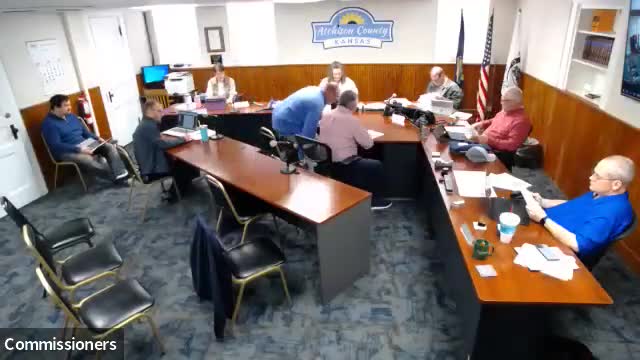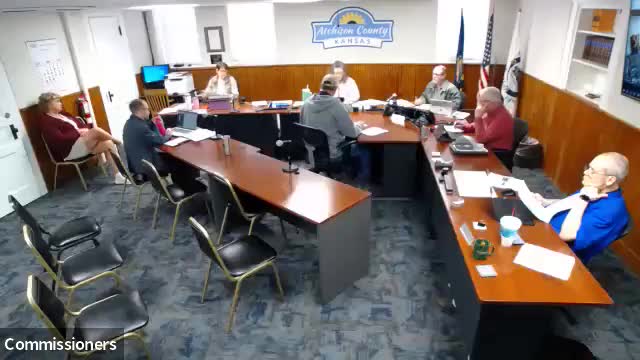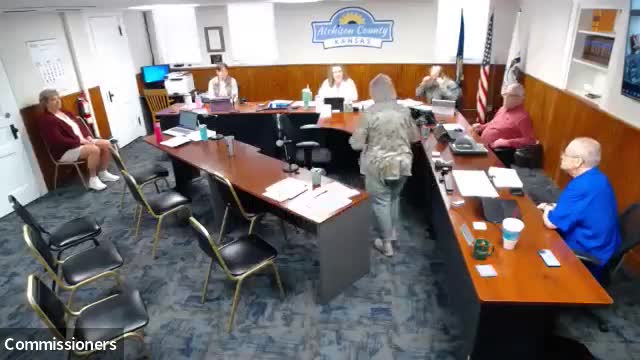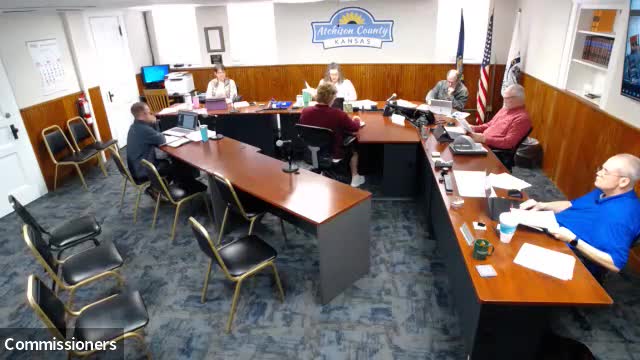Article not found
This article is no longer available. But don't worry—we've gathered other articles that discuss the same topic.

Memorial Hall trustees warn of possible summer closure as facility faces funding shortfall

Atchison County awards Ottawa Road Phase 2 contract, approves culverts and bridge-plank purchases; loader repainting passes 2-1

Effingham resident presses commissioners for clarity on Project Concern funding; commissioners say appropriation process ongoing

